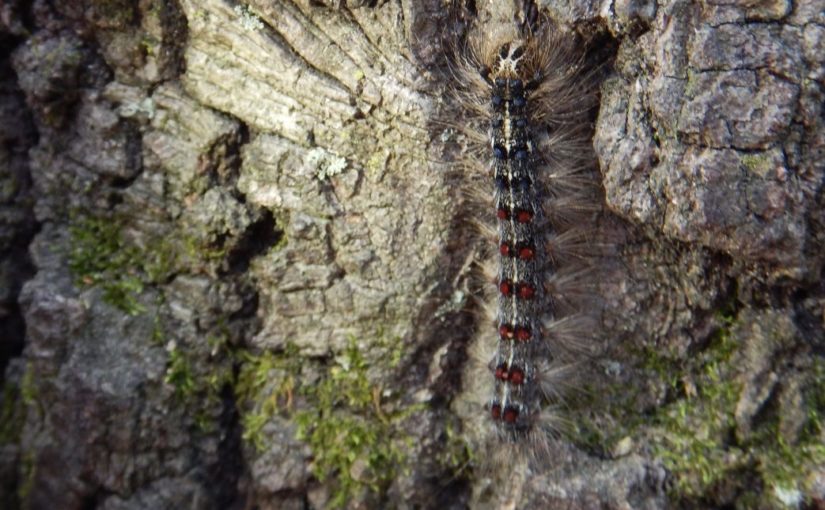Spongy Moth (previously knows as Lymantria Dispar or the Gypsy moth)
Peterborough Examiner Article - No plans to spray widely for moths in Peterborough County (October 5, 2021)
Despite receiving many inquiries, the County of Peterborough has not planned on undertaking a widespread program given a number of factors. Funds were not set aside in the 2022 Budget for this as the cost of doing so on a County-wide basis would be cost-prohibitive unless there is support from other levels of Government. There is also scientific uncertainty regarding impacts of widespread programming on ecological/food-chain considerations and current Gypsy Moth life-cycles. These points are also identified in an article appearing in the Peterborough Examiner (attached). Despite the notion that other municipalities might be undertaking some sort of program elsewhere in the Province, the County, City, local townships, including the Township of North Kawartha and most surrounding municipalities have elected to view the issue as a private property-based matter similar to other pests whether it be in an urban setting, rural environment or as agricultural production issue (i.e. grubs, noxious weeds, wheat rust, etc.) and have also relied on scientific findings associated with the harmful effect of spraying.
Given these factors, we are encouraging people to undertake localized efforts in a manner that they feel most comfortable with whether it be a manual process, organic solution or some other alternative.
Additional information can be found at the following website.
It is from a US-based University but the information is applicable to Ontario: https://www.canr.msu.edu/ipm/Invasive_species/Gypsy-Moth/gypsy-moth-around-home
This website has been produced by the Canadian Government: https://www.canada.ca/en/health-canada/services/pest-control-tips/gypsy-moths.html
https://www.ontarioparks.com/parksblog/gypsy-moth-caterpillars/
https://www.ontario.ca/page/gypsy-moth


